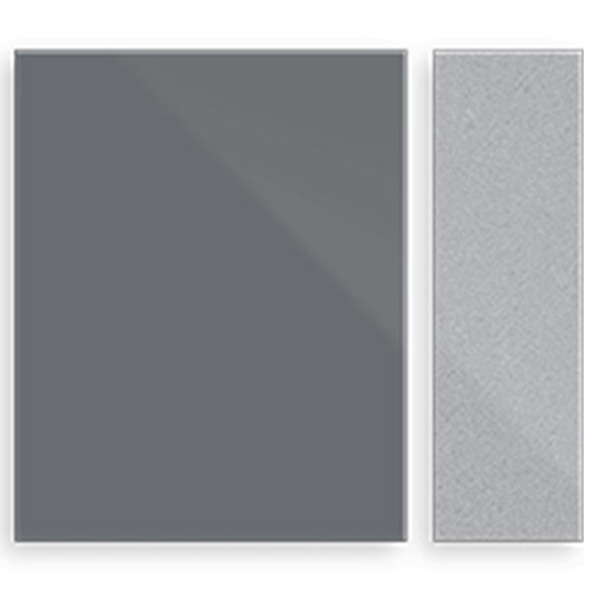
Nov . 13, 2024 12:55 Back to list
6203 zz bearing price
The Pricing of 6203 ZZ Bearings An Overview
In the world of machinery and engineering, bearings play a crucial role in ensuring the smooth operation of rotating components. One such popular type is the 6203 ZZ bearing, a versatile and widely used bearing in various industries. Understanding the pricing factors of 6203 ZZ bearings is essential for both manufacturers and consumers who rely on these components for their operations.
What is a 6203 ZZ Bearing?
The 6203 ZZ bearing is a part of the deep groove ball bearing family. This type of bearing features a double metal shield on both sides (the ZZ designation stands for shielded), which helps keep the lubricant in and contaminants out, leading to prolonged service life. It has an inner diameter of 17 mm, an outer diameter of 40 mm, and a width of 12 mm, making it suitable for a plethora of applications, from electric motors and appliances to automotive and agricultural machinery.
Factors Influencing the Price
1. Material Quality The composition of materials significantly affects the price of a 6203 ZZ bearing. Higher-quality steel, often known as chrome steel (bearing steel) or stainless steel, is used for manufacturing these bearings. Bearings made from superior materials tend to have better performance characteristics, including higher load-bearing capacities and longer lifespans. As a result, they may come at a higher cost.
2. Brand Reputation Established brands with a long history of producing high-quality bearings typically have higher prices due to their reputation for reliability. Conversely, lesser-known brands may offer competitive pricing, appealing to consumers on a budget. However, it's crucial to weigh the potential risks associated with lower-priced options, such as quality inconsistencies.
3. Production Technology Advances in manufacturing technology can result in more precise and efficient production processes, which can influence the final price of bearings. Automated systems and high-tech processes often lead to higher operational costs, which can be reflected in the end product's price.
6203 zz bearing price

4. Quantity Ordered Bulk purchasing can significantly reduce the price per unit of 6203 ZZ bearings. Manufacturers and distributors usually offer discounts for large orders, making it more economical for businesses to stock up on required components.
5. Market Demand and Supply Dynamics Prices can fluctuate based on market trends, including supply chain disruptions, increasing demand for mechanical components, or shifts in manufacturing practices in key industries. Seasonal trends also play a role; for instance, increased production capacities in specific sectors can lead to a temporary rise in bearing prices.
6. Geographic Location The region from which the bearings are purchased can have a significant impact on pricing. Import tariffs, shipping costs, and local market conditions can all lead to varying prices for the same product in different areas.
Average Pricing
As of now, the average price of a 6203 ZZ bearing can range from $2 to $15 per unit, depending on the aforementioned factors. Basic models from lesser-known brands may be found for around $2 to $5 each, while high-performance products from reputable manufacturers might command prices on the upper end of the spectrum.
Conclusion
The price of 6203 ZZ bearings reflects a combination of material quality, brand reputation, production technology, order quantity, and market dynamics. For consumers, understanding these factors can aid in making informed purchasing decisions while balancing cost and quality considerations. Whether you're a manufacturer, engineer, or DIY enthusiast, recognizing the intricacies behind bearing pricing can lead to better investment in crucial components within your machinery. Investing in quality bearings can result in enhanced performance and reduced maintenance costs in the long run, making it a critical aspect of operational efficiency.
Latest news
-
Durable Greenhouse Pillow Block Bearings for Reliable Ventilation
NewsAug.31,2025
-
Spherical Roller Bearings Applications: Heavy Duty, Self-Aligning
NewsAug.30,2025
-
Premium Deep Groove Ball Bearings | High Speed & Reliability
NewsAug.29,2025
-
Durable Scaffolding Clamps - Secure & Reliable Tube Connectors
NewsAug.28,2025
-
Common Failures in Thrust Ball Bearings and Solutions
NewsAug.22,2025
-
How Tapered Roller Bearings Can Take Shock Loads
NewsAug.22,2025
